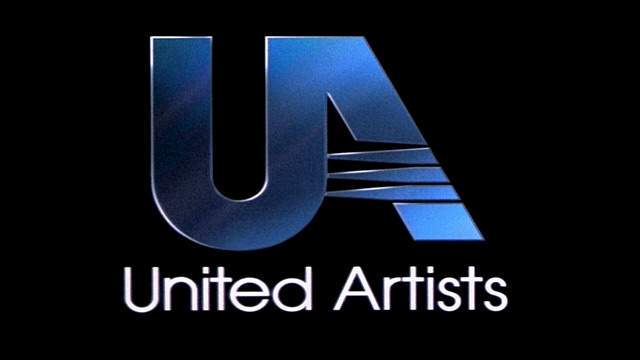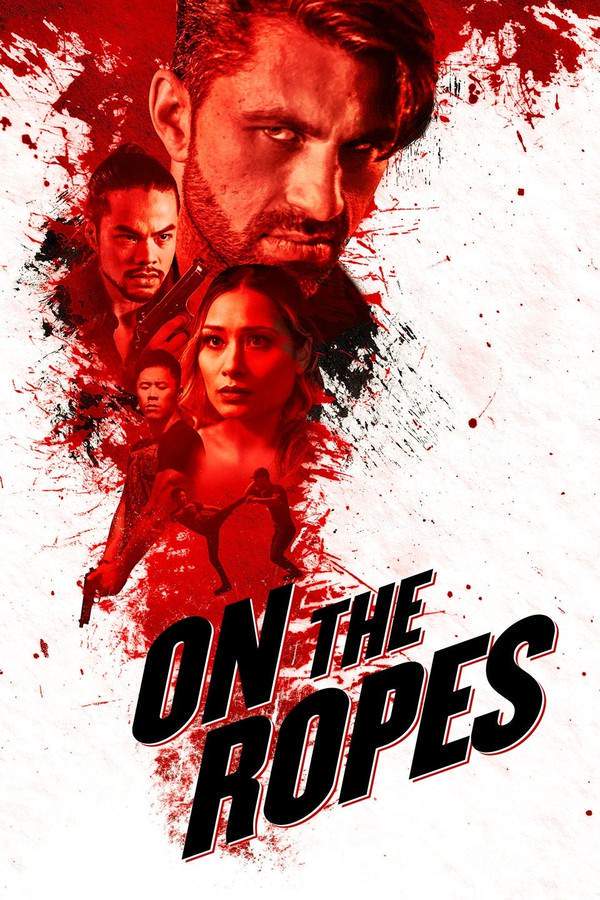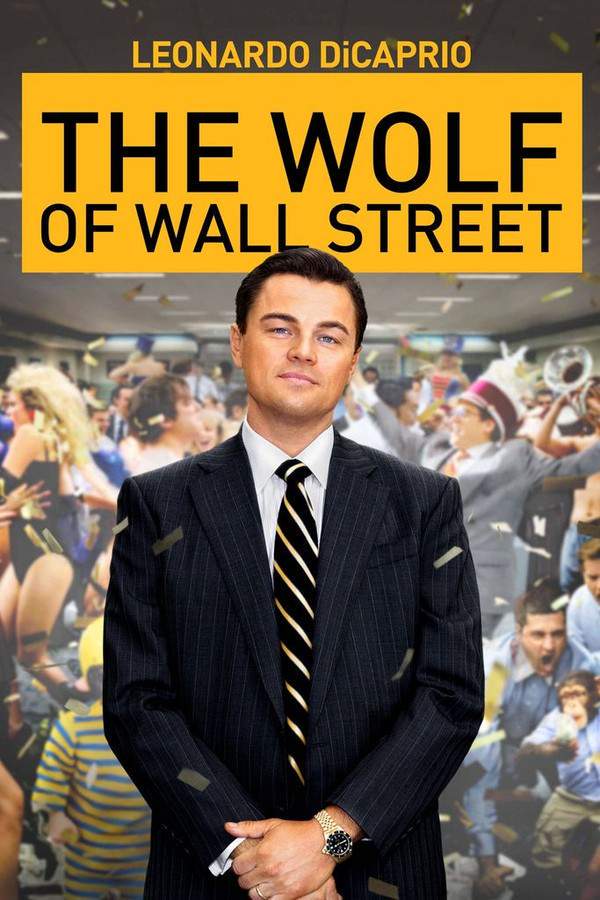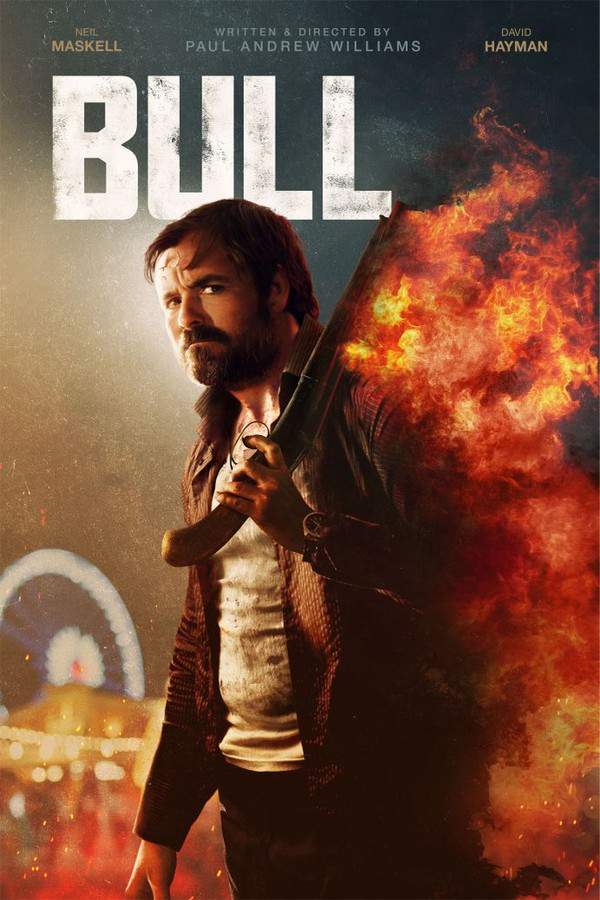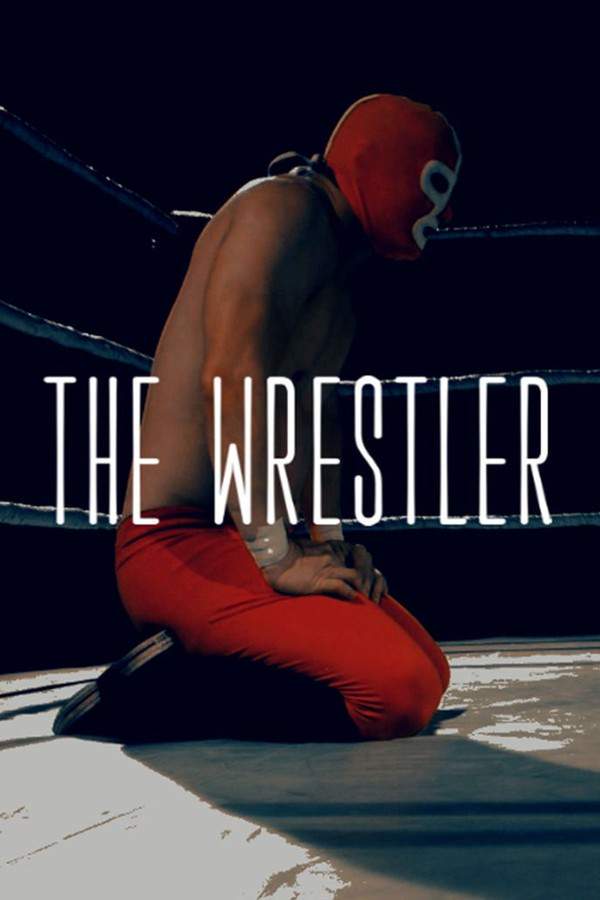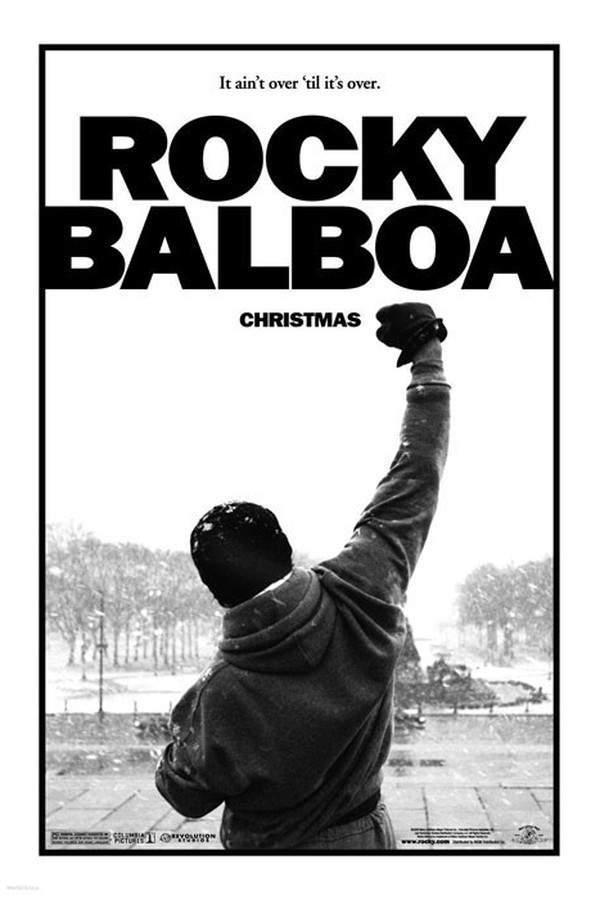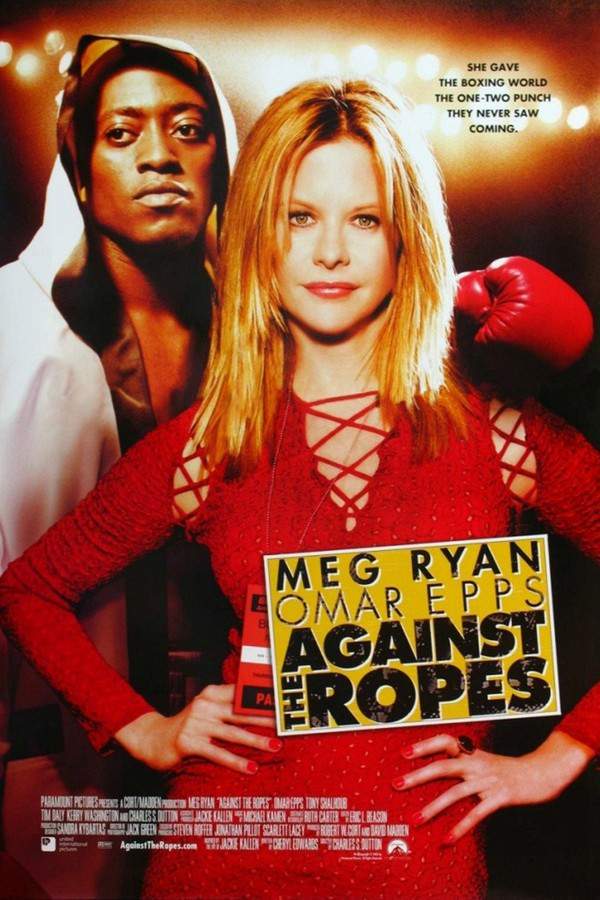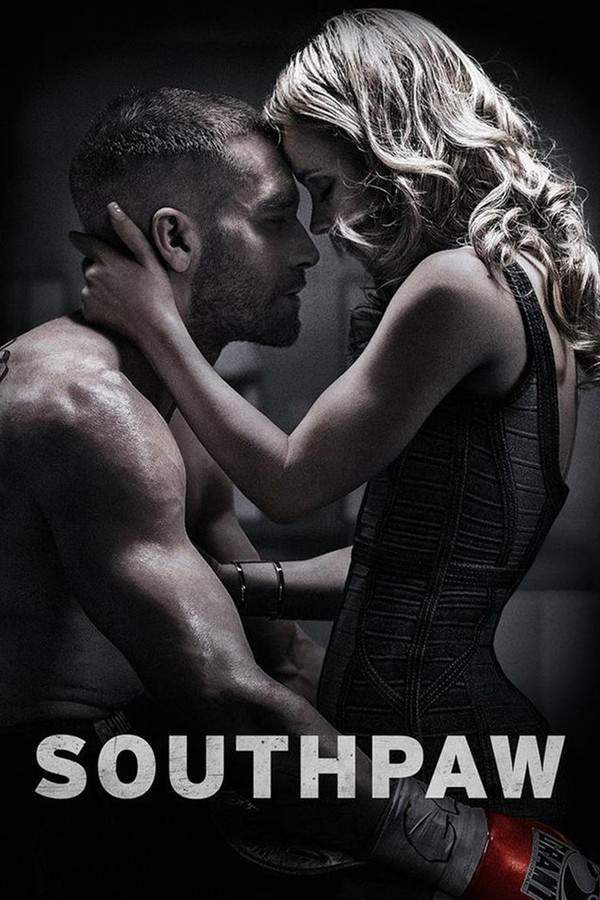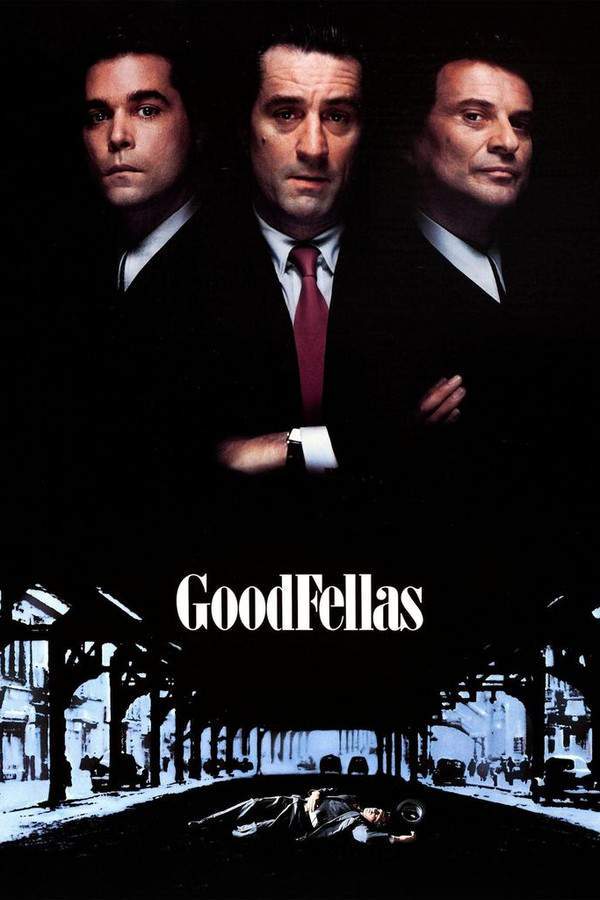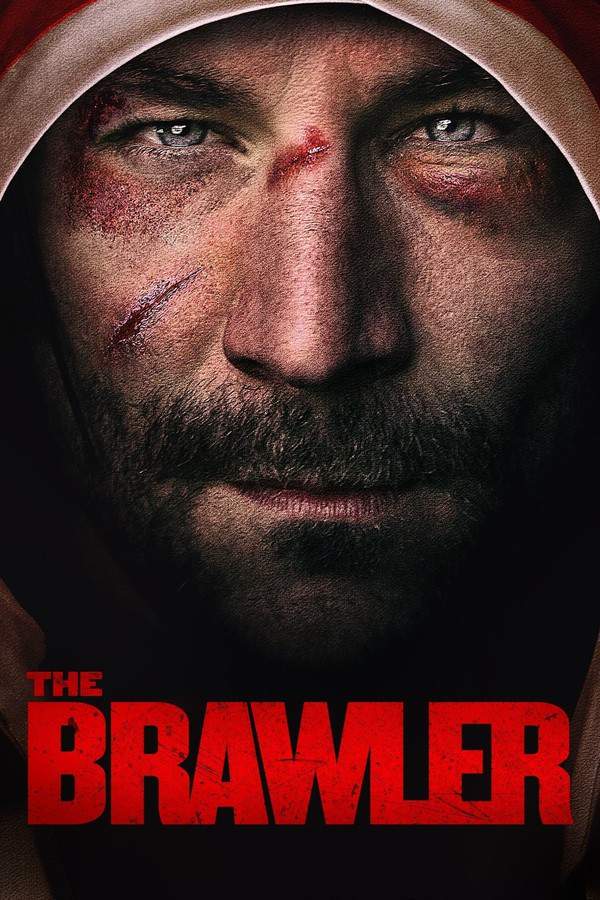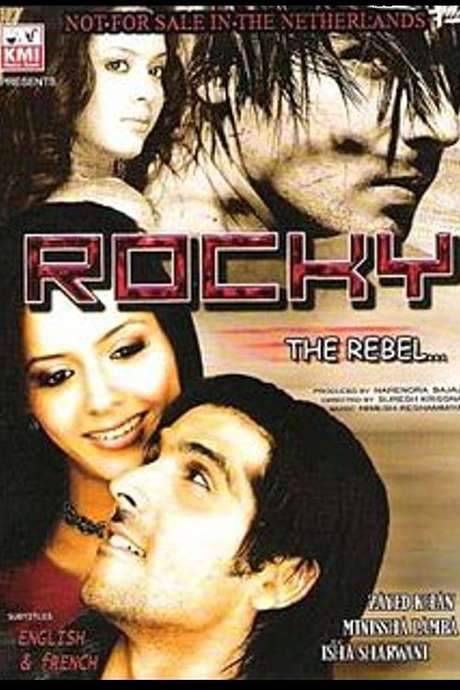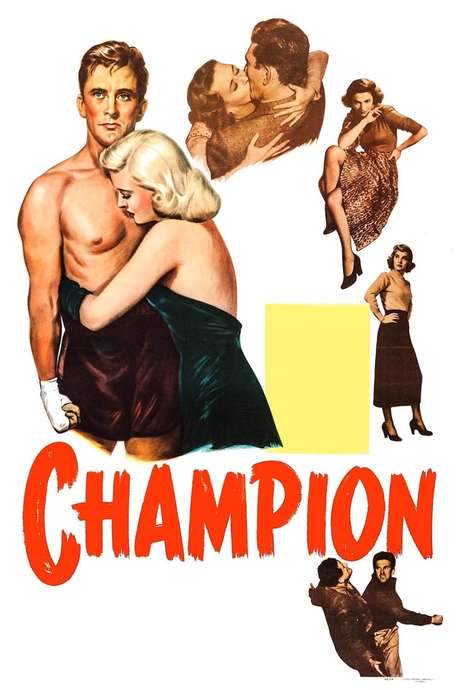Raging Bull 1980
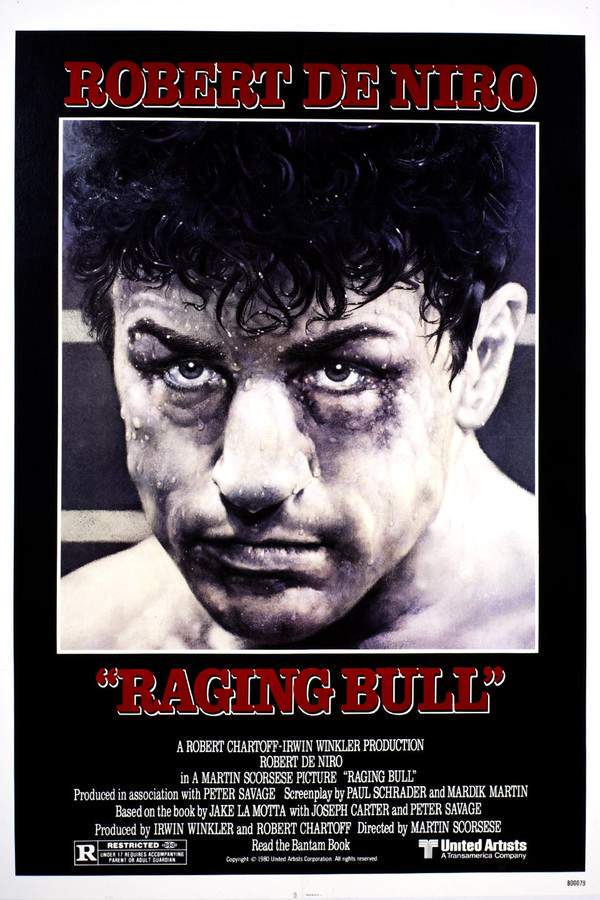
A volatile and talented boxer’s pursuit of championship glory is tragically intertwined with his inner demons and destructive tendencies. Driven by a need for respect and fueled by a complex relationship with his family, his rage and insecurity lead to a downward spiral. As his career and personal life crumble, he faces devastating consequences and irreparable loss, revealing the brutal cost of unchecked ambition and emotional turmoil.
Does Raging Bull have end credit scenes?
No!
Raging Bull does not have end credit scenes. You can leave when the credits roll.
Meet the Full Cast and Actors of Raging Bull
Explore the complete cast of Raging Bull, including both lead and supporting actors. Learn who plays each character, discover their past roles and achievements, and find out what makes this ensemble cast stand out in the world of film and television.
External Links and Streaming Options
Discover where to watch Raging Bull online, including streaming platforms, rental options, and official sources. Compare reviews, ratings, and in-depth movie information across sites like IMDb, TMDb, Wikipedia or Rotten Tomatoes.
Ratings and Reviews for Raging Bull
See how Raging Bull is rated across major platforms like IMDb, Metacritic, and TMDb. Compare audience scores and critic reviews to understand where Raging Bull stands among top-rated movies in its genre.

90
Metascore
8.5
User Score


%
TOMATOMETER

0%
User Score

79
%
User Score
Take the Ultimate Raging Bull Movie Quiz
Challenge your knowledge of Raging Bull with this fun and interactive movie quiz. Test yourself on key plot points, iconic characters, hidden details, and memorable moments to see how well you really know the film.
Raging Bull Quiz: Test your knowledge of the classic 1980 film 'Raging Bull' and its intense character dynamics.
What year did Jake LaMotta experience his first loss?
1940
1941
1942
1943
Show hint
Awards & Nominations for Raging Bull
Discover all the awards and nominations received by Raging Bull, from Oscars to film festival honors. Learn how Raging Bull and its cast and crew have been recognized by critics and the industry alike.
35th British Academy Film Awards 1982
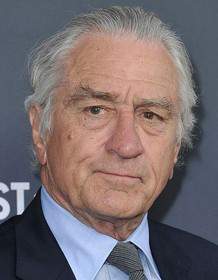
Best Editing
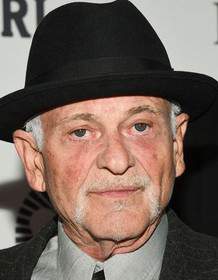

The 53rd Academy Awards 1981




Film Editing
Best Picture
Sound
33rd Directors Guild of America Awards 1981

38th Golden Globe Awards 1981
Best Motion Picture – Drama


Best Supporting Performance in a Motion Picture – Drama, Comedy or Musical (Supporting Actor)
Joe Pesci
Best Supporting Performance in a Motion Picture – Drama, Comedy or Musical (Supporting Actress)
Cathy Moriarty
Best Screenplay

Full Plot Summary and Ending Explained for Raging Bull
Read the complete plot summary of Raging Bull, including all major events, twists, and the full ending explained in detail. Explore key characters, themes, hidden meanings, and everything you need to understand the story from beginning to end.
In the year 1941, Jake LaMotta, a promising young middleweight boxer, faces his first defeat against Jimmy Reeves due to a questionable ruling. His brother, Joey, seeks to secure a title shot through connections with the Mafia’s Salvy Batts, but determined to rise through sheer skill, Jake consistently rejects their assistance. Shortly after, he encounters a young girl named Vickie at a swimming pool in the Bronx, ultimately leading to a complicated relationship, despite Jake already being married and Vickie being underage. By 1943, Jake manages to beat the renowned Sugar Ray Robinson, only to face a controversial rematch three weeks later where he dominates the match, yet the judges, much to Joey’s dismay, award the victory to Robinson—an outcome Joey suspects is influenced by Robinson’s upcoming Army enlistment. By 1945, Jake marries Vickie.
Once married, Jake’s controlling nature surfaces. His jealousy over Vickie’s supposed feelings for other men grows as he shows this side by savagely defeating opponent Tony Janiro in front of Tommy Como, the local mob boss, and Vickie. In a moment filled with tension, Joey notices Vickie mingling with Salvy and his crew. After a conversation reveals her discontent in her marriage, Joey jumps to the conclusion that she is, in fact, having an affair with Salvy, leading to a brutal fight between the two. Forced to apologize by Como, Joey informs Jake that a title shot depends on him taking a dive. Reluctantly, Jake loses a rigged match against Billy Fox, earning the crowd’s scorn for his subpar performance. Although he faces suspension under the suspicion of match-fixing, his resolve helps him regain his footing, leading to a triumphant win against Marcel Cerdan for the middleweight championship title in 1949.
As time passes, paranoia creeps in, and by 1950, Jake suspects Vickie of infidelity. Tension escalates when he confronts Joey with accusations, causing a rift that drives him away. Later, as Jake pressures Vickie, she sarcastically suggests that she has been unfaithful—not only with Joey but also with others such as Salvy and Tommy. Consumed by rage, Jake storms to Joey’s home, unleashing violence in front of Joey’s family and accidentally knocking Vickie out. Eventually, they find their way back to each other. After an intense fifteen-round defense of his championship against Laurent Dauthuille, he tries to reconcile with Joey, but a misunderstanding causes him to sever ties further, leading to a tragic decline in his career and a title loss to Sugar Ray Robinson in 1951.
By 1956, the once-proud Jake has aged and gained weight, retiring to Miami with his family. His reckless nights out lead Vickie to demand a divorce and threaten to keep their children away from him, highlighting the fallout of his failures. Facing legal troubles for introducing underage girls to his nightclub, he futilely attempts to use his championship belt’s jewels for bribery, leading to incarceration in 1957 where he grapples with despair over his situation. Upon returning to New York City in 1958, a reunion with Joey results in a tentative embrace, hinting at the repair of their fractured relationship.
Fast forward to 1964, Jake embarks on a new venture in stand-up comedy, where he prepares for performances by shadowboxing and recalling memorable lines from On the Waterfront, exclaiming, > “I’m the boss,” before stepping into the spotlight, symbolizing his relentless pursuit of redemption and acknowledgment.
Uncover the Details: Timeline, Characters, Themes, and Beyond!

Coming soon on iOS and Android
The Plot Explained Mobile App
From blockbusters to hidden gems — dive into movie stories anytime, anywhere. Save your favorites, discover plots faster, and never miss a twist again.
Sign up to be the first to know when we launch. Your email stays private — always.
Watch Trailers, Clips & Behind-the-Scenes for Raging Bull
Watch official trailers, exclusive clips, cast interviews, and behind-the-scenes footage from Raging Bull. Dive deeper into the making of the film, its standout moments, and key production insights.
Raging Bull Themes and Keywords
Discover the central themes, ideas, and keywords that define the movie’s story, tone, and message. Analyze the film’s deeper meanings, genre influences, and recurring concepts.
Raging Bull Other Names and Titles
Explore the various alternative titles, translations, and other names used for Raging Bull across different regions and languages. Understand how the film is marketed and recognized worldwide.
Articles, Reviews & Explainers About Raging Bull
Stay updated on Raging Bull with in-depth articles, critical reviews, and ending explainers. Explore hidden meanings, major themes, and expert insights into the film’s story and impact.
Similar Movies To Raging Bull You Should Know About
Browse a curated list of movies similar in genre, tone, characters, or story structure. Discover new titles like the one you're watching, perfect for fans of related plots, vibes, or cinematic styles.
Quick Links: Summary, Cast, Ratings, More

What's After the Movie?
Not sure whether to stay after the credits? Find out!
Explore Our Movie Platform
New Movie Releases (2025)
Famous Movie Actors
Top Film Production Studios
Movie Plot Summaries & Endings
Major Movie Awards & Winners
Best Concert Films & Music Documentaries
Movie Collections and Curated Lists
© 2025 What's After the Movie. All rights reserved.


